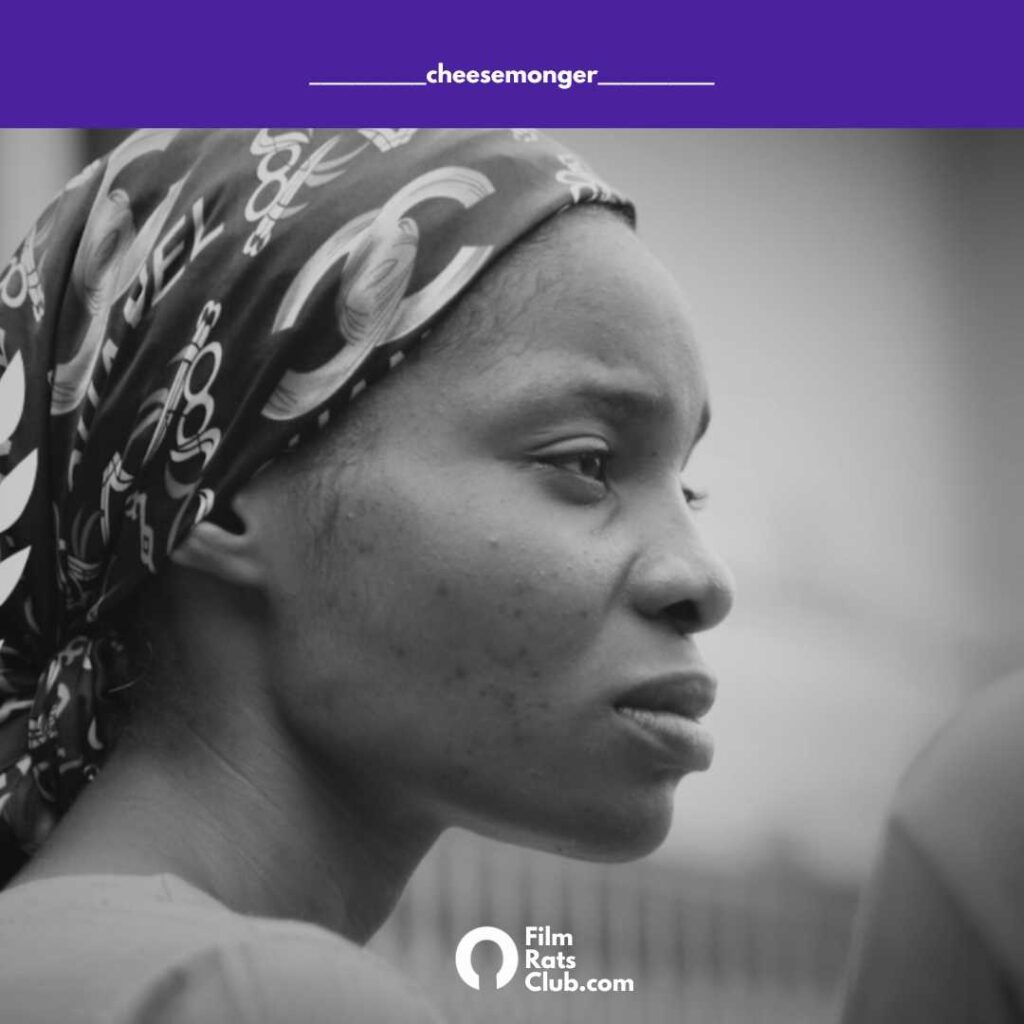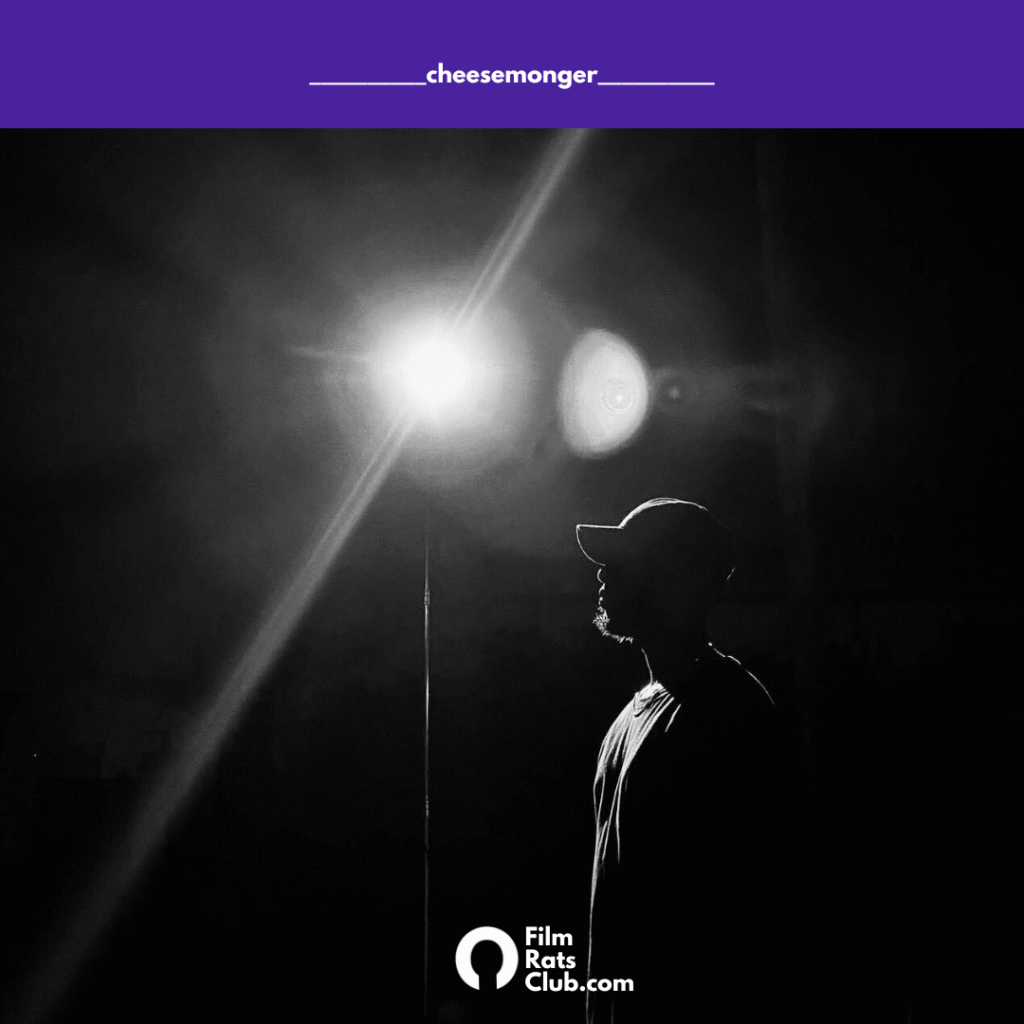by Odolaye Aremu Nollywood criticism is not failing because it is mostly wrong; it is failing because it insists on applying the tools and expectations of a functioning society to a cultural landscape that is anything but. It critiques as if it were engaging with an evolving ecosystem, when in truth, it is addressing a glitch, a simulacrum of an industry operating without roots, institutions, or memory. Nollywood was born not of cultural continuity but of fracture and absence, and to miss this is to doom criticism to irrelevance and exhaustion. Mainstream Nollywood criticism assumes it is operating in a normal country with functioning cultural institutions, meritocratic pipelines, or historical continuity. It assumes Nigeria is merely behind, not culturally hollow. This assumption is a category error. There is no “normal” to return to or dig into. Nollywood exists in a post-cultural, post-intellectual vacuum that characterizes the third world. Because this understanding is not acquired, there has been a continuous cycle of burnt-out, depressed, and disgruntled critics. The first proof of this disconnect is that critics often bemoan the lack of “evolution”, “growth,” or “industry maturation” in Nollywood, which is correct in some ways. But where is the soil for this growth? They imagine their criticism has created a continuum of education that filmmakers subscribe to? That somehow years of criticism should have produced maturation? Nollywood doesn’t read criticism nor consider it a valuable tool, because it understands that the audience also doesn’t require it. This is sad, but this is true. Remember that Nollywood itself did not arise from a tradition of elite patronage or artistic inquiry. It rose from distributive chaos, necessity, and bootlegging. It is, in essence, a pretend cinema without logic or form, because such logic requires deep institutions, which Nigeria lacks. What you see is what you get. Nollywood is a market, not an industry; the critic doesn’t exist between the buyer and the seller as it traditionally should. Here, the critic stands beside the filmmaker, trying to sell a product just as the filmmaker is. The Nigerian society hasn’t requested nor required criticism to contextualize what Nollywood is for them. Hollywood arrived at this point; we haven’t. There’s no real demand for analytical recommendations. For the film sponsor, it has to be clear that making intelligent, thoughtful films in a nation that doesn’t generally produce thoughtful people is a business risk. This risk is exacerbated by the lack of education and the inexperience that comes with any bootstrapped guerrilla venture. Our universities are degree farms, not citadels of thought, an indication of the broader intellectual rot that has besieged the education sector. Still, no film schools of substance exist. No journals of cinematic theory flourish. No private contexts where ideas gestate over decades. In any healthy cultural economy, high-IQ patrons support thoughtful, serious work. In Nigeria, the capital class that funds film has its taste shaped by Nigerian corruption, social media bunkum, and by Nollywood itself. They misinterpret what cinema is, they misinterpret what a story should be, but have the wherewithal to execute products and sometimes herd them to financial success. There’s zero interest in reflection or criticism. Critics do not always applaud the product, especially when their own frameworks finally catch up to the fraudulence of a film. They often do call it out. The more astute ones, schooled perhaps in better cinema, turn up their noses in disdain. They pen sharp, cutting critiques. They position themselves above the din, speaking from an imagined place of enlightenment. But they do so in isolation and distance, no audience listens, no producer cares, and no funding is reallocated. Their words disappear into the noise. Their honesty evolves into resentment. What began as care for the product transforms into a weary loathing of everything: the bad films, the crowd that praises them, the discourse, even the very idea of the industry. They become distant, cynical, not because they are wrong, but because they expected something that was never promised. They forget: this is not a cinema of thought. This is a cinema of livelihood, a subsistence economy for thousands. People are not here to make “art”. They are here to survive, and in that, Nollywood has succeeded more than any other African industry. This is where many critics go astray. Their anger is misplaced. There is nothing to sneer at. The real tragedy is not that bad films are made, but that those who attempt rigor are crushed by an ecosystem built for volume, not vision. If someone has declared the intention to make work that endures, to take cinema seriously as a form, sure they are fair game for critique. But your scorn should be selective, not habitual. You are not above the fray. You are of this place. Your education, your taste, your despair, they were all shaped by the same frictions and failures that shaped the people you critique. Criticism is not about venting distaste or judgment. It is about interpreting the moment and charting alternate paths. It is a form of midwifery, not execution. Even in bad films, there are threads to pull, ideas to examine, and symptoms to decode. What do these failures reveal? What aesthetic language is forming despite the artist’s ignorance? Where is the subtext, even if accidental? A good critic makes maps out of ruins. This is your task: not to sneer, but to sift. Not to raise yourself above, but to dig underneath. Your labour is not a gift to the industry. It is a commitment to the possibility of future coherence; the idea that somewhere down the line, someone might read your work and choose the harder path, knowing now that someone before them did not fold. Until then, good Nigerian films will be rare, scattered, and produced under psychological and economic duress. They will not come from systems. They will come from freaks of will. If you value thoughtful, independent film writing and want to see more of it, consider supporting our work. Your





